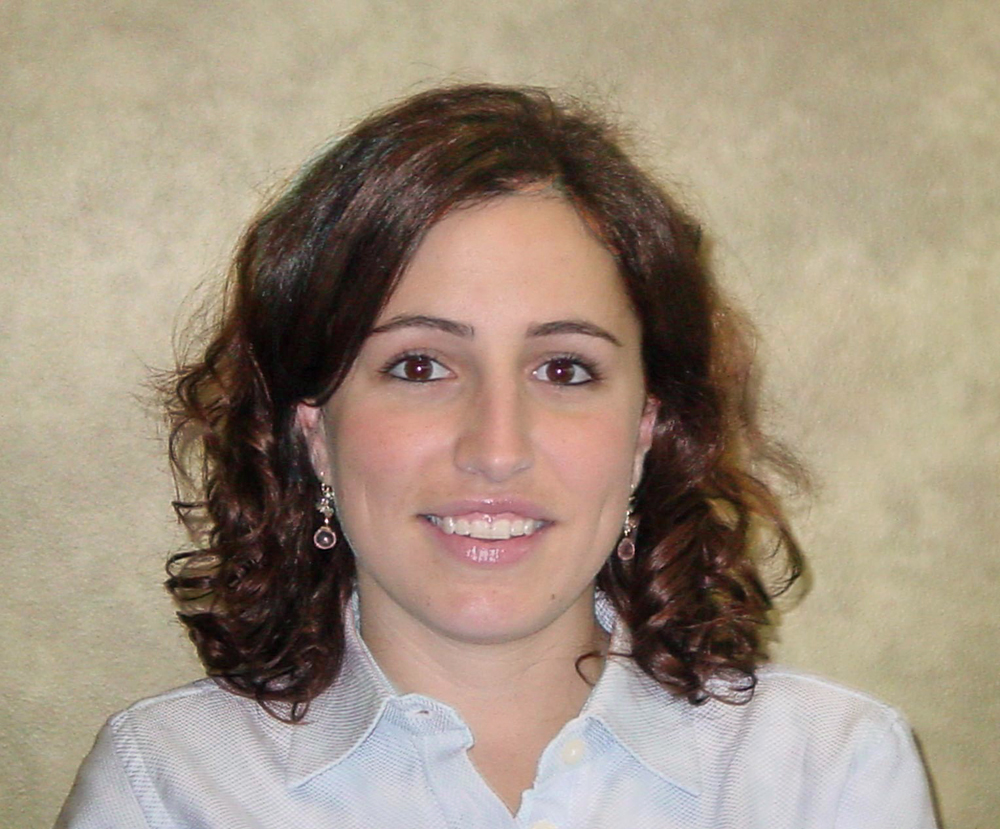Contact: Harriet Laird

STARKVILLE, Miss.--When Emily Broad drove to Clarksdale for the first time in September, she wondered if she had made the right decision.
"It was a Sunday, and there were not many people around," the Delta Directions Consortium's new director said of her transition from metropolitan Philadelphia, Pa.
Broad entered the North Delta city of some 21,000 with a fresh Harvard University law degree and a charge from Mississippi State University's Social Science Research Center to help bring "transformational change" in one of the Magnolia State's most underprivileged areas.
The 27-year-old postdoctoral fellow said recently she "couldn't be happier" working in the cradle of Delta blues music. She is leading a group of academic institutions and foundations working to make a difference in the lives of those who call the distinctive river region home.
According to Broad, the consortium's innovative focus on public health issues reflects a realization that such factors as education, economics, housing, and the like play crucial roles in dealing with core problems that plague the quality of life for many Delta residents.
While several universities, centers and agencies provide the research and funding backbone for the organization, a key element is hands-on work by clinical students from Harvard Law who have embraced the consortium's new projects and helped expand those already under way in the region, Broad observed.
"These are smart, energetic students who are clocking 200-300 hours each semester and working with schools and other community agencies to interpret research, write policy, and implement and evaluate projects that can have an effect on the most people," Broad said.
The Nurse-Family Partnership is one such 2009 project. Broad called it a national goal she hopes to see initiated soon in Clarksdale. The project is designed to reduce the Delta's infant mortality rates that, sadly, can be comparable to some developing countries.
"Our goal is to find ways to increase access to medical care and doctors, improve medical technology, provide prenatal education, and meet other health needs of expectant mothers," Broad said.
Another upcoming project for her and the students is an alliance with the SSRC's Family and Children's Research Unit to implement proposals for the Mississippi KIDS COUNT program. KIDS COUNT works to provide legislators, educators, parents and other decision makers with best practices in such areas as health, education and safety for the benefit of the state's children.
Linda Southward, SSRC research professor, coordinates the state KIDS COUNT. She said, "We are incredibly pleased to have the Harvard Law School Clinical Program, under Emily Broad's supervision, involved in KIDS COUNT. Through this collaboration, we are providing the students with opportunities to work with the program, developing policy briefs and working papers of mutual interest on a variety of related topics."
Broad said she appreciates the passion the current Harvard students have for affecting change through such programs as KIDS COUNT. Like them, she took a similar path after law school, following the example of family members by giving her time and talent in service.
"I've had so many opportunities, personally, and a desire to share my knowledge and skills to benefit other people," she said. "I wanted to work in the public interest; to attain goals that affect public policy and change lives."
Broad said her Harvard Law adviser first made her aware of Delta Directions. After meeting with SSRC director Art Cosby, she had a clear vision of the consortium's objectives and pathways for their success, she added.
When Broad's two-year stint as director concludes, she expects the results of many projects--among them, model guidelines for consideration by the Mississippi Legislature--to expand into other areas of the state. A long-range, strategic plan also is part of her agenda.
"This can be a real interdisciplinary machine if all involved work together," she said. "It can be powerful and expand into other areas of the state, even into other states as a model."
Other consortium partners include Delta State University's Institute for Community-Based Research, Harvard School of Public Health, University of Tennessee Medical Science Center, University of Arkansas School for Medical Sciences, and the Dreyfus Health and Winokur Family foundations.
NEWS EDITORS/DIRECTORS: For additional information, contact Ms. Broad at 662-325-7127 or emb210@msstate.edu.
For more information about Mississippi State University, see http://www.msstate.edu/.